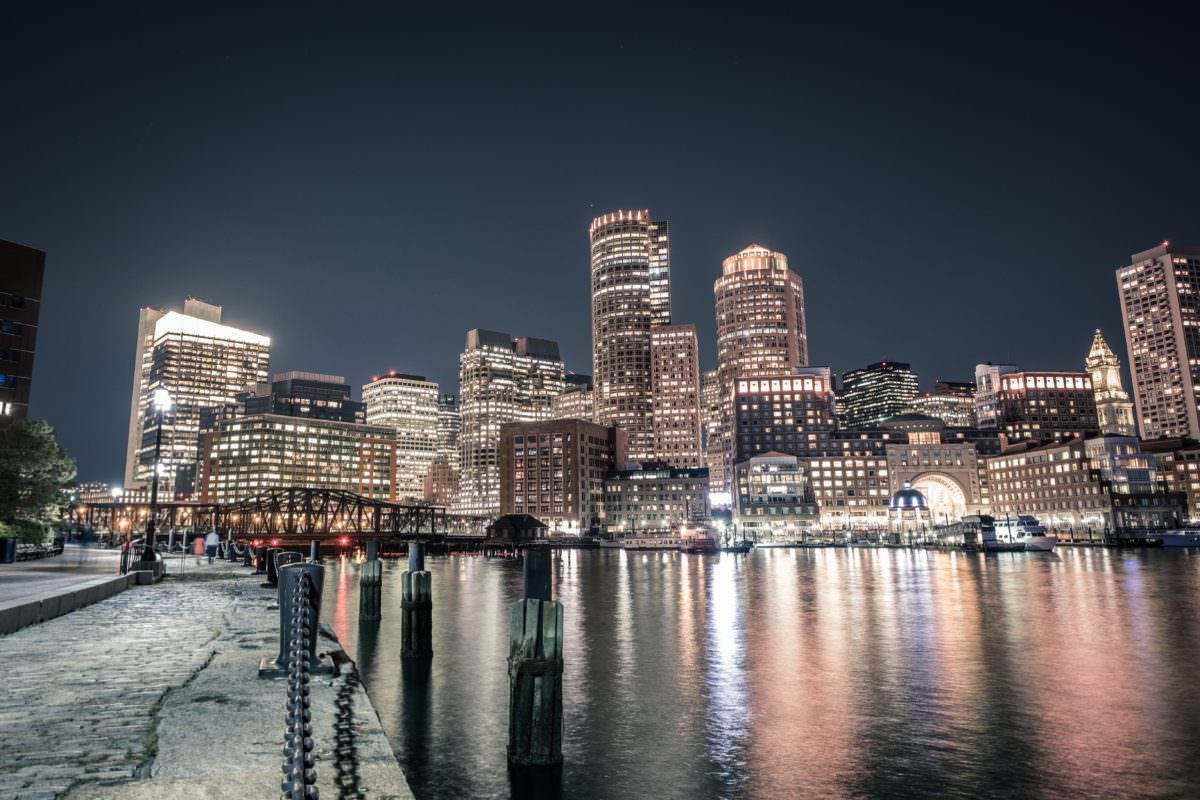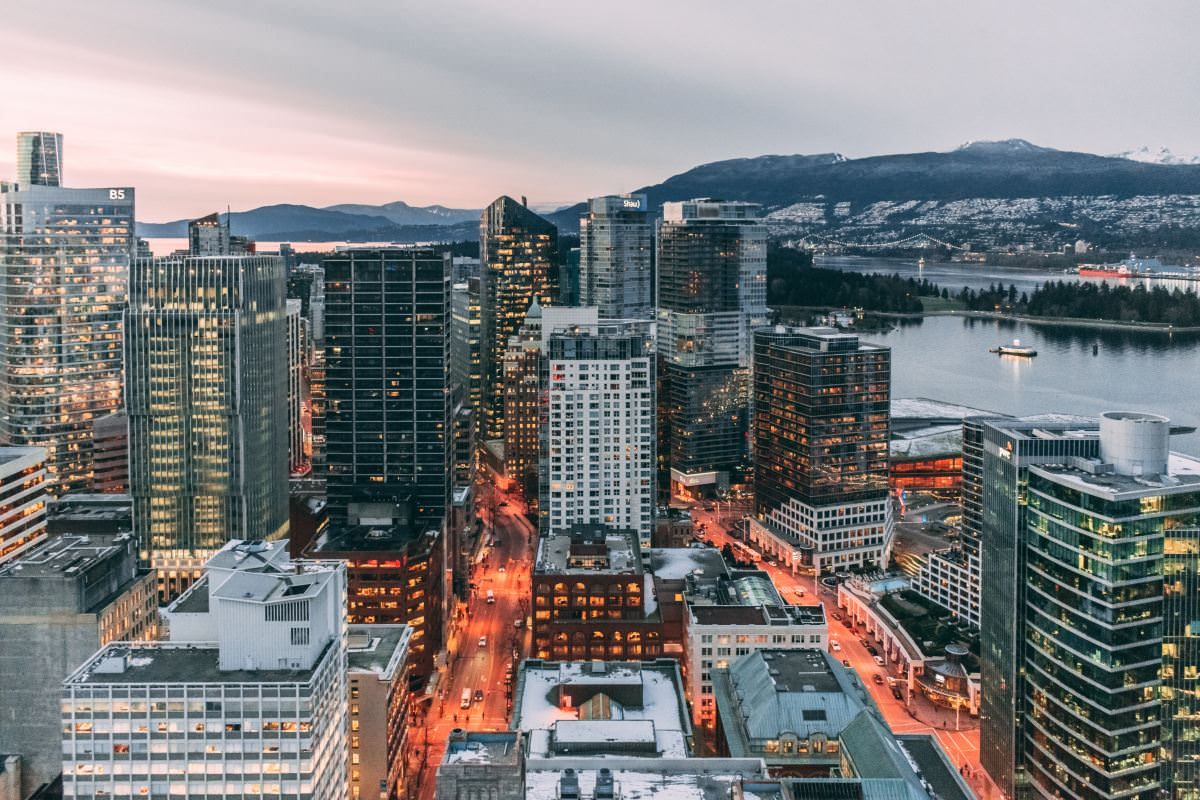An unofficial July 1 target date set by Massachusetts cannabis regulators for the kickoff of recreational sales has come and gone, and it’s still anybody’s guess when the adult-use industry will actually launch.
The Massachusetts Cannabis Control Commission may have awarded the state’s first recreational cultivation license in June and the first rec retail license on Monday, but a slew of challenges beyond licensing still face the state’s marijuana businesses, including:
1. Troubles for the less capitalized
The delay has mostly hurt less experienced, less capitalized businesses in the state, even forcing some to abandon plans and investments, industry observers say.
But more experienced entrepreneurs, particularly medical marijuana businesses that survived the state’s elongated MMJ rollout, have planned accordingly.
“The holding costs can be extremely burdensome, especially if you don’t own the property and have to pay rent,” observed Marc Rosenfeld, CEO of CommCan, a medical cannabis business with an operational cultivation site and plans to open three dispensaries in the next several months.
2. Local factors behind the delay
The most common hurdles have appeared at the local level, where many municipalities have been slow to move on zoning regulations, special local permits and so-called Host Community Agreements (HCAs).
Recreational applicants, whether they be existing medical operators or new businesses, must obtain special local permits from the towns or cities they’re located in before they can complete state recreational applications.
However, a cannabis business can’t apply for a local municipality’s special permit without the town or city already having zoning rules in place, said Jason Sidman, president of Sanctuary Medicinals, an operational MMJ business in Littleton, Mass.
The problem is, many municipalities are far from finalizing those MJ business zoning regulations.
An example of this issue involves Sira Naturals, which recently won Massachusetts’ first recreational cultivation license.
The company has MMJ dispensaries in Somerville and Cambridge, which are both still determining their adult-use zoning regulations and aren’t expected to finish until September, noted Sira Naturals CEO Michael Dundas.
Once Somerville and Cambridge finalize their rec zoning regulations and provide the company with a special local permit, Sira will then be able to apply for state adult-use retail licenses.
Dundas expects the process to take 60-90 days after the September clarification of local zoning issues to receive the state recreational retail license.
He predicted it will be wintertime before Sira opens a retail rec outlet.
As for the Host Community Agreements, they’re another part of the official state recreational cannabis application and a unique Massachusetts requirement levied on MJ businesses and other entities, like gaming outlets and universities.
HCAs, which are negotiated between a cannabis business and a municipality, focus on how much money the MJ company is expected to pay to offset costs the city or town may incur because of the firm’s presence.
This could include things like the cost of extra police or installing traffic signs or lights.
HCA details can take a long time to clarify, and negotiations cannot usually even begin until a cannabis company has already obtained its special local permit from the town or city, pointed out Sanctuary Medicinals’ Sidman.
3. Attorney general’s moratorium decision
Massachusetts’ cannabis industry could also be staring down more delays because of a recent decision by state Attorney General Maura Healey that might give municipalities power to extend moratoriums on marijuana businesses.
Under the current state law, in places where a majority of residents opposed the 2016 legalization referendum, local executive boards can enact a cannabis business moratorium or ban. In cities or towns where a majority of residents supported legalization, a moratorium or ban can be passed only by a local referendum.
The attorney general previously decided municipalities that hadn’t already banned cannabis businesses couldn’t extend moratoriums on them beyond Dec. 31.
But the AG reversed her decision, granting the town of Mansfield its request to extend its moratorium until June 2019. That potentially gives other municipalities precedent to do the same.
4. The laboratory dilemma
Another key stumbling block involves the fact that no marijuana testing labs have been licensed for Massachusetts’ adult-use market. Under state law, recreational cannabis must be tested by an independent lab before it can be sold in stores.
The Cannabis Control Commission, however, has decided to give review priority to testing labs.
Sanctuary Medicinals’ Sidman observed he was hopeful that the first lab licenses could be awarded this month.
With all the uncertainty, forecasts vary for when recreational sales will actually begin.
“As far as retail goes, I don’t think we’ll see a ton of licensing for a couple of months – late August, early September. And then you’ll see retail dispensaries start to open soon thereafter,” Sidman said.
Adam Fine, who heads the Boston office of the Vicente Sederberg law firm, said he’s optimistic recreational sales will begin in Massachusetts before the end of the summer. He noted there are a few operational medical marijuana companies with completed recreational applications already under review.
For his part, Sira Naturals’ Dundas believes that by the first of the year, “we should see a pretty good recreational marketplace here.”
Omar Sacirbey can be reached at omars@mjbizdaily.com





